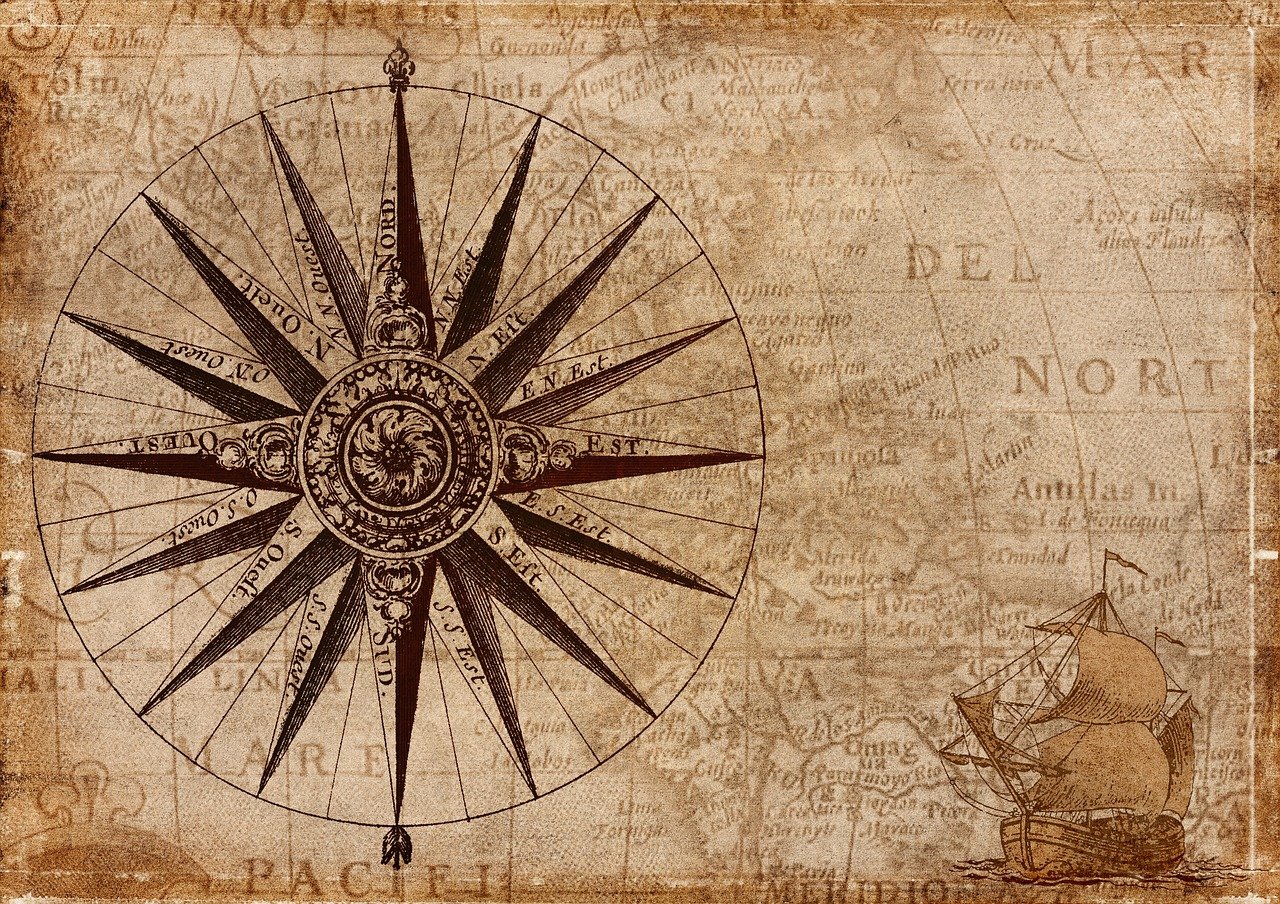Immanuel Kant (1724–1804)
Immanuel Kant (1724–1804) is widely regarded as one of the most influential figures in the history of Western philosophy. His works reshaped many foundational areas of philosophical inquiry, including metaphysics, ethics, epistemology, and aesthetics. Kant’s contributions are considered a turning point in Enlightenment thought, and his ideas continue to shape contemporary discussions in a wide range of disciplines, from moral philosophy to political theory. The depth and rigor of his philosophical system have made him an enduring subject of study, debate, and interpretation.
Table of Contents
Kant’s Early Life and Intellectual Background
Born in Königsberg, Prussia (now Kaliningrad, Russia), Kant spent his entire life in this relatively small, provincial city. Raised in a modest family of Pietists—a religious sect emphasizing personal morality and piety—Kant’s early education was steeped in both religious instruction and classical learning. He entered the University of Königsberg at age 16, initially intending to study theology but soon shifted his focus to philosophy, mathematics, and the natural sciences.
Kant’s early intellectual influences included the rationalist philosophies of Leibniz and Wolff, alongside the empirical philosophy of Locke and Hume. It was the skepticism of David Hume, in particular, that would profoundly impact Kant’s thinking. Hume’s arguments, which questioned the possibility of certain knowledge, led Kant to famously remark that Hume “awoke him from his dogmatic slumber.” This moment of intellectual awakening prompted Kant to embark on a quest to reconcile rationalist and empiricist approaches to knowledge, resulting in his groundbreaking “Critical Philosophy.”
The Copernican Revolution in Philosophy
The hallmark of Kant’s mature philosophy is what he described as a “Copernican Revolution” in metaphysics and epistemology. Just as Copernicus had revolutionized astronomy by proposing that the Earth revolves around the Sun, Kant sought to revolutionize philosophy by shifting the focus from the world as it is “out there” to the ways in which our minds structure and experience the world. This shift in perspective was articulated in his most famous work, The Critique of Pure Reason (1781, revised 1787).
In the Critique, Kant argued that while human cognition is constrained by sensory experience (as the empiricists held), the mind plays an active role in organizing and interpreting that experience. Our knowledge of the world, therefore, is shaped by both external inputs and internal cognitive structures, such as space and time, which Kant claimed are not features of the external world but rather the lenses through which we perceive it. This duality is encapsulated in Kant’s distinction between the “phenomenal” world (the world as we experience it) and the “noumenal” world (the world as it exists in itself, independent of our perception). While we can have knowledge of the former, the latter remains forever inaccessible to us.
This framework provided a novel solution to the longstanding philosophical debate between rationalism and empiricism. For Kant, neither pure reason nor pure experience alone could provide the foundation for knowledge; instead, both must work in tandem within the limits of human cognition.
The Categorical Imperative
In addition to his work in epistemology and metaphysics, Kant is equally well-known for his contributions to moral philosophy. His ethical theory, developed most fully in The Groundwork of the Metaphysics of Morals (1785) and The Critique of Practical Reason (1788), centers on the concept of duty and the notion of the “categorical imperative.”
Kant’s moral philosophy is often described as deontological, meaning that it is focused on the intrinsic rightness or wrongness of actions, rather than on their consequences. He believed that moral actions are those performed out of a sense of duty and in accordance with universal moral laws. The categorical imperative, the cornerstone of his ethical system, is a principle that one should “act only according to that maxim whereby you can at the same time will that it should become a universal law.” In other words, one’s actions should be guided by rules that could, in theory, be applied universally to all rational beings.
Kant’s ethics also emphasize the inherent dignity and worth of human beings. He formulated another version of the categorical imperative that commands individuals to treat others as ends in themselves, rather than as means to an end. This idea has had a profound impact on modern conceptions of human rights, autonomy, and justice, and continues to influence contemporary debates in ethics and political philosophy.
Legacy and Influence
Kant’s work has had an enduring impact on nearly every area of philosophical inquiry. His Critiques laid the groundwork for later developments in German Idealism, influencing figures such as Fichte, Schelling, and Hegel. His ethical theories have been central to discussions in both moral and political philosophy, and his influence can be seen in the development of modern human rights theory, liberal political thought, and the philosophy of law.
Moreover, Kant’s critical philosophy challenged many of the assumptions of earlier metaphysical systems, making him a key figure in the transition from Enlightenment rationalism to the more skeptical and introspective movements of modern philosophy. His work on aesthetics, outlined in The Critique of Judgment (1790), also opened new pathways for the exploration of beauty, art, and teleology, further contributing to the richness of his intellectual legacy.
In the contemporary world, Kant’s ideas continue to resonate across a wide range of disciplines. His conceptions of freedom, autonomy, and moral duty remain central to debates in ethics, while his epistemological innovations are still discussed in relation to the philosophy of science, cognitive theory, and phenomenology.
Weekly Popular
Newsletter
Subscribe to our newsletter to stay up-to-date on our latest news and announcements.






